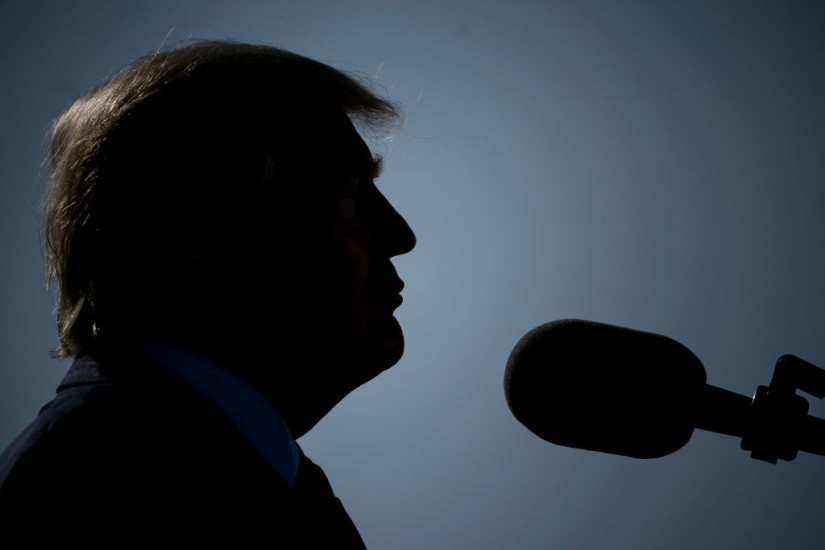The failings of normcore politics start with a somewhat blinkered and romantic view of American history which, as Ezra Klein recently argued in his review of much of the democratic crisis literature, is actually quite ugly.
The country was founded on the brutal genocide and dispossession of its native population, relied on chattel slavery as a cornerstone of its economic development, fought a deadly civil war, had the outcome of that war challenged by a largely successful campaign of terrorist violence, and by the 1940s was locking up the Japanese-American population in internment camps.
The good news is that America’s founding documents and principles have always served as a kind of guiding star to which activists and advocates could attach themselves as they push for reform. But not only was the civil rights revolution of the 1960s fiercely contested — in the streets as well as in the courts and the legislatures — its partial victory more or less set in motion the ever-increasing ideological polarization of our parties and the growing dysfunction of our political institutions.
This history is, of course, not denied by the proponents of normcore politics. But it tends to get downplayed in the campaign to portray Trump as a form of unique evil, necessarily placing a nostalgic cloak over the past.
The political theorist Cory Robin wrote an entertaining piece for Harper’s focused on the specific historical amnesia of Philip Roth, who over the course of the decades proclaimed first Nixon-era politics, then Reagan-era politics, then Trump-era politics as each historically awful and far worse than what had come before, while back in the 1970s he had unfavorably compared Nixon to Joe McCarthy.
In reality, as Robin observes, “it’s never the immediate present, no matter how bad, that gets normalized — it’s the not-so-distant past.”
When George W. Bush was president and Ronald Reagan passed away, liberal magazines like the Washington Monthly produced articles on “Reagan’s Liberal Legacy” in part as a way of slamming Bush. These days, Bush enjoys soaring approval ratings, thanks to the comparison to Trump.
These nostalgia-soaked takes generally do manage to capture something correct about both the past and the present. But the tendency to idealize the past blinds us to the profound ways that political struggles connect across time and reveal fundamental clashes of interests and values and not just the particularities of a given moment or personality.
